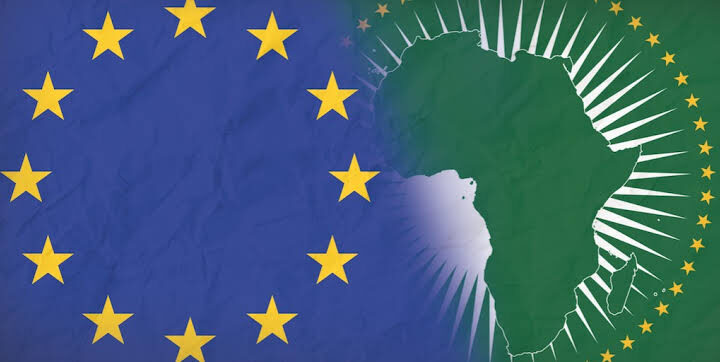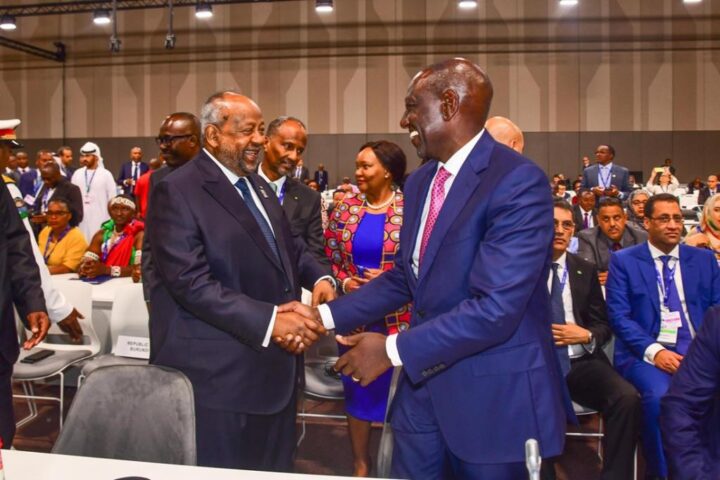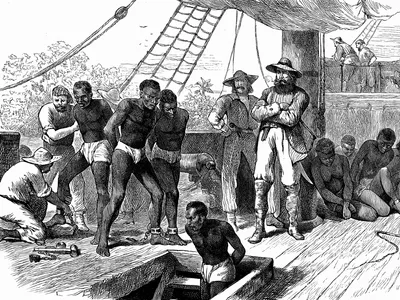As Nigeria marks her 64th independence anniversary, the celebration, much like in previous years, will be subdued. Behind the modest fanfare lies a stark reality—the economy, in the words of many, is “not smiling.” Though a 25-year milestone in democracy is indeed significant, the nation’s economic progress remains stagnant. It begs the question: What went wrong, and more importantly, what can be done to fix it?
Independence Celebrations: A Symbol of Economic Struggles
For over a decade, Nigeria’s independence celebrations have been characterized by modesty. Even during the country’s Diamond Jubilee, the festivities were muted, reflecting the economic challenges the nation faces. This year, it is no different. The reasons are clear, as many Nigerians continue to grapple with economic hardships. “We may be celebrating 25 years of democracy, but the dividends of that democracy have not reached the common man,” noted Aisha, a small business owner in Lagos.
Join our WhatsApp ChannelThe past five years have been particularly tough for Nigeria’s economy. Inflation is on the rise, the naira continues to depreciate, and industries are struggling to stay afloat. “There’s little to celebrate when people are finding it hard to make ends meet,” said a frustrated civil servant.
Economic Plans That Never Took Flight
One could argue that Nigeria’s economy is a product of missed opportunities. In 2007, former President Umaru Musa Yar’Adua launched Vision 20:2020, an ambitious plan aimed at positioning Nigeria among the top 20 global economies by 2020. However, this vision remained largely on paper. Had it been implemented with the seriousness it deserved, Nigeria might be in a better economic position today. The question remains: Why have Nigeria’s economic plans consistently failed?
“We need leaders with a vision, those who can plan for the future and set Nigeria on a path of sustainable economic growth,” said economist Dr. Taiwo Adewale. It’s a sentiment shared by many Nigerians who feel that the nation’s leadership has been more focused on short-term gains than long-term development.
Inflation and Exchange Rate: The Twin Economic Burdens
At the heart of Nigeria’s economic challenges lie two critical issues: inflation and the exchange rate. Energy prices, particularly petrol and diesel, have been key drivers of inflation. “Everything revolves around the price of fuel. When petrol prices go up, transportation costs follow, and this has a ripple effect on the entire economy,” explained Adewale.
The Central Bank of Nigeria’s (CBN) decision to devalue the naira has also contributed to the rising cost of goods and services. The depreciation of the naira has made imports more expensive, increasing production costs for industries that rely on imported raw materials. As a result, prices of locally produced goods have also soared, leaving Nigerians with less purchasing power.
“The CBN needs to revisit its exchange rate policies,” said Adewale. “They’ve acknowledged that the naira is undervalued. A revaluation could help stabilize prices and ease the burden on citizens.”
The Need for a New Economic Approach
As Nigeria looks towards the next 25 years of democracy, it’s clear that the current economic trajectory is unsustainable. Experts believe that a new economic plan, focused on promoting production, reducing inflation, and stabilizing the exchange rate, is urgently needed.
READ ALSO: #Nigeria@64: Government Rolls Out 64 CNG Buses, Labour Wants More
“The government must prioritise industrialisation and productivity,” argued Adewale. “We need to encourage micro, small, and medium enterprises (MSMEs) to drive economic growth. The current economic environment is ‘anti-decent’ living and ‘anti-industrialisation.’ It’s time for a change.”
One immediate solution proposed by Adewale is for the government to control energy prices, particularly petrol and diesel, in the short term. This, he believes, will help reduce inflation and give businesses the breathing space they need to grow. “Once the economy stabilizes, we can liberalize these sectors, but for now, intervention is necessary.”
Beyond Energy Prices: The Role of the Exchange Rate
The naira’s value remains a contentious issue in Nigeria’s economic debate. Since the CBN devalued the currency, many have called for a revaluation to reflect its true worth. “Most of our industries rely on imported raw materials. When the naira is weak, production costs go up, and this discourages investment,” said Adewale.
Stabilizing the exchange rate, he added, would not only benefit businesses but also encourage foreign investment. “If investors see that the naira is stable and inflation is under control, they’ll be more inclined to invest in Nigeria. This will create jobs and drive economic growth.”
The Path Forward: A 25-Year National Plan
As Nigeria prepares to mark its 64th independence, the need for a comprehensive national development plan has never been more urgent. Africa has its Agenda 2063, and the United Nations has its Sustainable Development Goals. Nigeria, too, must develop a long-term economic strategy that addresses the root causes of its current challenges.
“It’s not too late to turn things around,” said Adewale. “We need a plan that focuses on industrialization, energy, and exchange rate stability. If we get these things right, Nigeria’s economy can be transformed within the next two decades.”
In conclusion, while Nigeria’s political progress is commendable, the same cannot be said for its economy. As the nation celebrates its independence, there’s a growing recognition that the economy must be the government’s top priority moving forward. Only then can Nigeria truly break free from the cycle of poverty and underdevelopment that has plagued it for far too long.
Emmanuel Ochayi is a journalist. He is a graduate of the University of Lagos, School of first choice and the nations pride. Emmanuel is keen on exploring writing angles in different areas, including Business, climate change, politics, Education, and others.
















![Gender Activism An Economic Necessity In Africa [PBA Editorial]](https://www.primebusiness.africa/wp-content/uploads/2023/11/vaw-720x480.png)


Follow Us